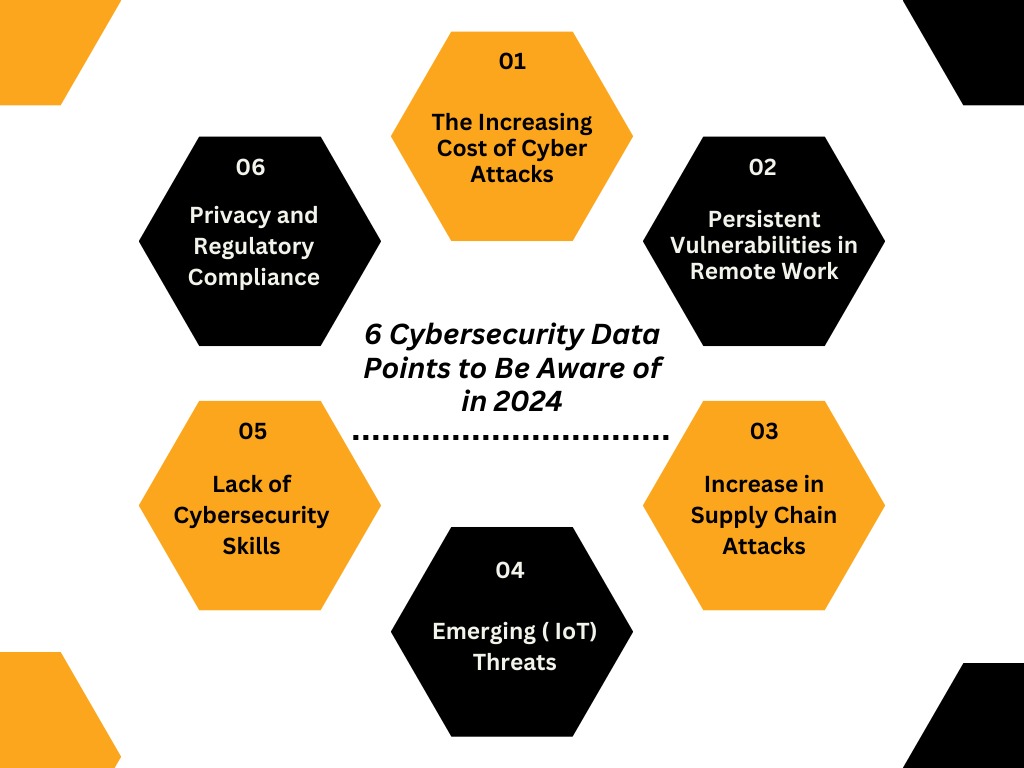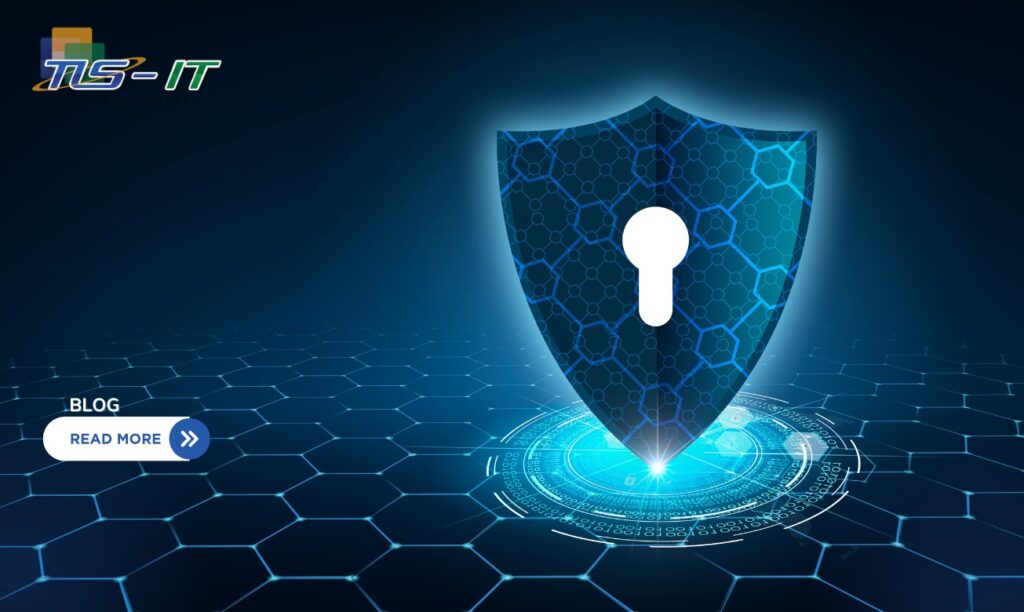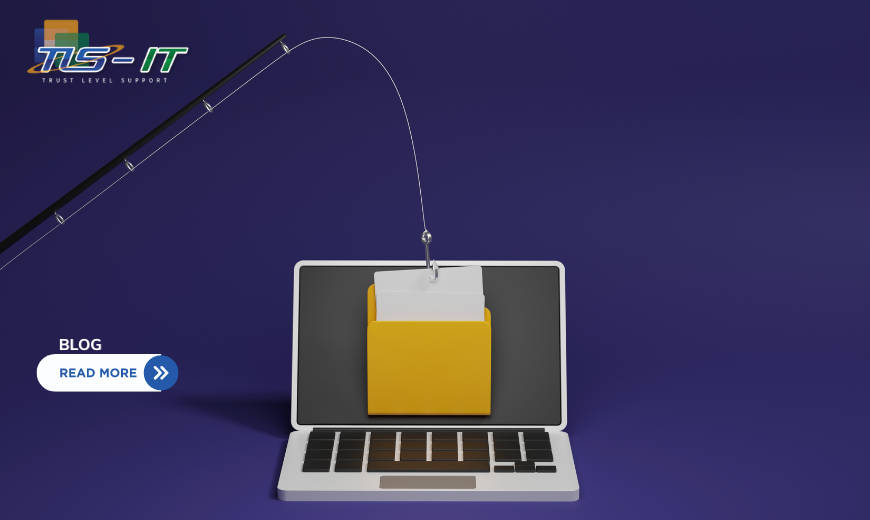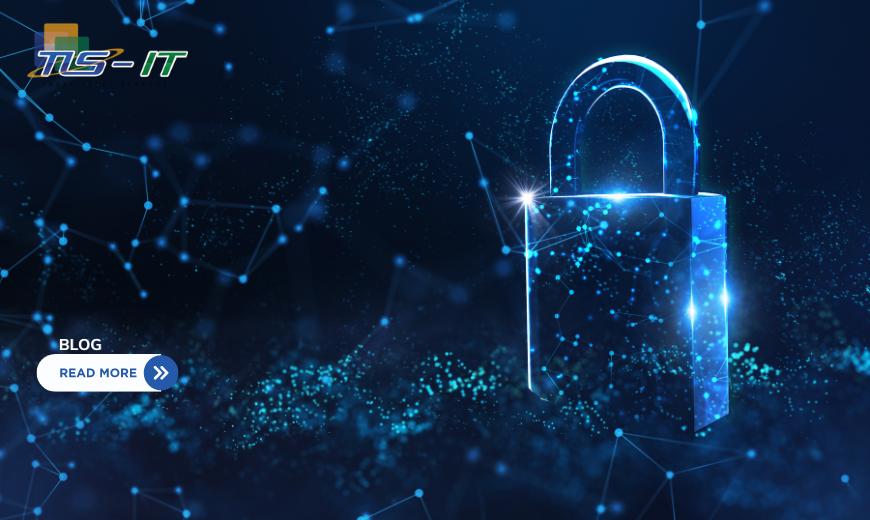Cybersecurity worries everyone in the modern world, not just IT professionals. There is a surge in cyber threats, putting small firms at danger.
These attacks can occur at random and aren’t always directed at specific targets, which makes it simpler for cybercriminals to target smaller organizations. This is due to the fact that smaller companies frequently lack the money, expertise, and understanding necessary to defend themselves.
In cybersecurity, a lot of new threads and risks have emerged in the last year. Managed service providers (MSPs) now have to adjust in order to stay competitive. Advanced cybersecurity solutions are widely available in Dubai to assist safeguard people and companies online. We’ll look at a few of the key cybersecurity trends emerged in the past few years in this post.

- The Increasing Cost of Cyber Attacks: Businesses are having to pay a higher price for cyberattacks. Cyberattacks were predicted to cost an average of more than $4.24 million per occurrence in 2023. This covers costs for things like looking into the event, containing it, getting lost data back, paying fines and legal fees, and handling the reputational harm to the business. In order to prevent these high expenses, organizations are consequently increasing their cybersecurity investments.
- Persistent Vulnerabilities in Remote Work: The move to remote work has brought up additional cybersecurity issues. The number of workers who work from home has raised the potential for cyberattacks. Research indicates that after enacting policies allowing for remote work, 81% of firms have experienced a rise in cyber threats. This emphasizes how crucial it is to have safe remote access solutions, provide employees with regular cybersecurity training, and improve endpoint security.
- Increase in Supply Chain Attacks: In an effort to access the networks of their clients, cybercriminals are focusing more and more on software vendors and service providers. These supply chain intrusions may impact numerous companies along the supply chain, with potentially far-reaching effects. Events such as the SolarWinds hack have brought attention to the necessity for companies to enhance their supply chain security protocols.
- Emerging ( IoT) Threats: As Internet of Things (IoT) devices proliferate, more avenues for cyberattacks to penetrate have been opened up. Because many IoT devices lack proper security safeguards, hackers can easily access them.It was predicted that there would be over 38.6 billion IoT devices in operation by 2023. Organizations must prioritize improved device management, frequent firmware updates, and network segmentation to separate IoT devices from vital infrastructure in order to mitigate this risk.
- Lack of Cybersecurity Skills: Soon there will be 3.5 million open cybersecurity positions worldwide due to a lack of qualified cybersecurity workers. Companies are funding training initiatives and forming alliances with academic institutions in an effort to close this gap. In order to supplement human abilities and compensate for the shortage of qualified specialists, they are also utilizing automation and AI-driven security solutions.
- Privacy and Regulatory Compliance: Tighter data protection legislation, like the CCPA and GDPR, are being introduced by governments and regulatory organizations. Businesses who do not comply may face severe fines and legal repercussions. Consequently, maintaining regulatory compliance and safeguarding consumer data have emerged as critical issues.
As we move further into the digital age, the cybersecurity landscape will continue to evolve, presenting new challenges for businesses. By understanding these trends and implementing robust security measures, organizations can better protect themselves against cyber threats and safeguard their digital assets. It’s crucial for businesses to stay vigilant and proactive in the face of evolving cyber threats.
In conclusion, cybersecurity affects everyone, not just specialists. Small businesses in particular have to deal with growing expenses and dangers like ransomware. Supply chain attacks are becoming more frequent, and working remotely presents new difficulties. Additionally, hackers are increasingly focusing on IoT devices.
There is a scarcity of cybersecurity professionals, and rules are becoming more stringent. Businesses must be aware of these trends and make investments in robust security measures if they want to stay safe. They may defend themselves and their digital assets from ever-evolving cyber attacks by remaining vigilant and aggressive.




